Day: 30 November 2019
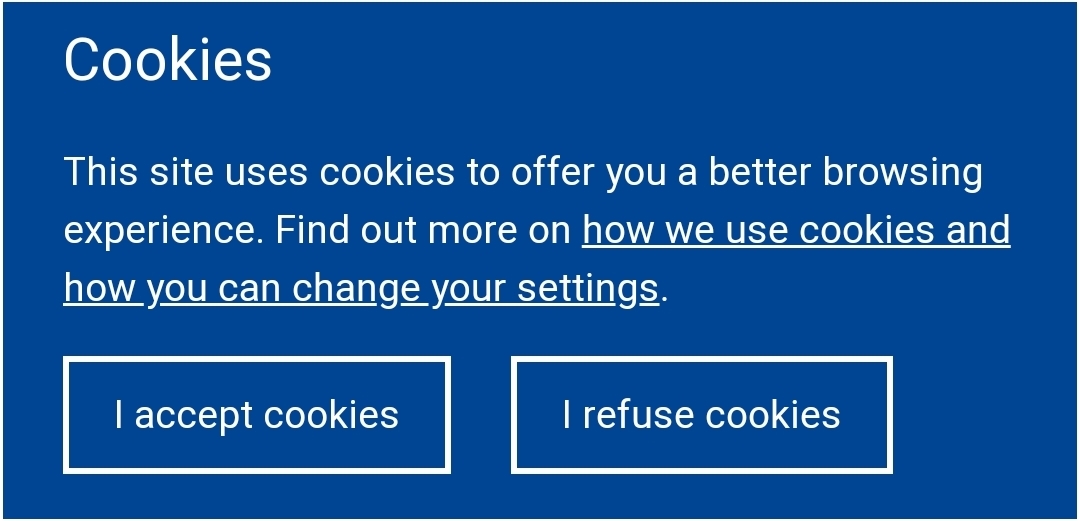
Getting cookie consent right
One could be forgiven for thinking that knowing how to comply with a legal obligation that has been in place for nearly a decade would be clear cut. However, widespread practice tells us that this is far from the truth. In November 2009, as part of wider reforms to the European telecommunications regulatory framework, the […]
Read More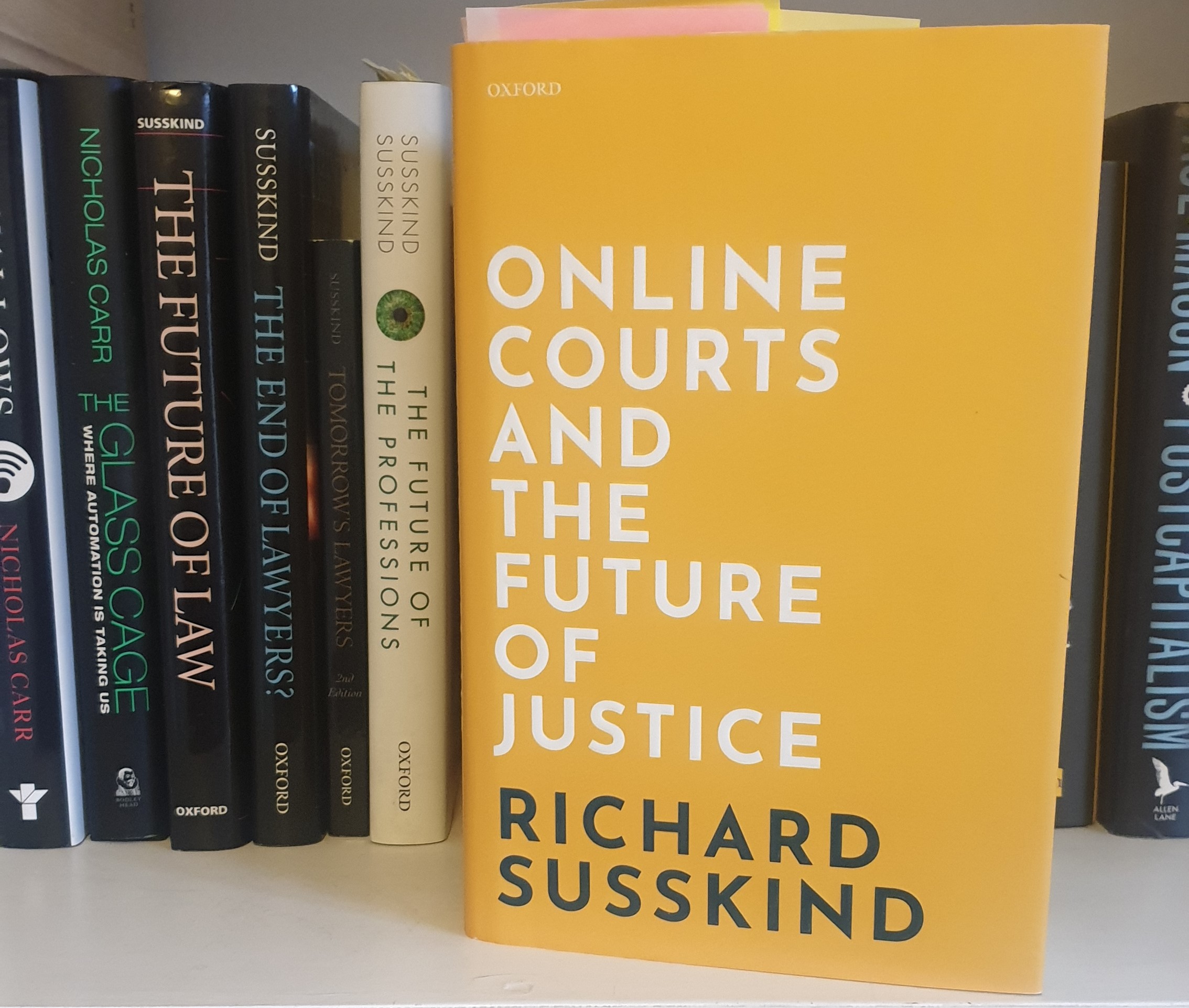
Online Courts and the Future of Justice
Four years on and Professor Richard Susskind has written the same book he wrote last time, so he says. He jests, yet again. The message and the underlying arguments remain constant; the same analogies are deployed (you know, the drill); but tech has moved on, more is feasible and the vision is developed and refined […]
Read More
Optimising your images to rank well
The way in which we search for images is evolving and changing, and Google has announced that image search is a big topic in the search engine optimisation community. Once upon a time we would search for images primarily for the purpose of copying and pasting an appropriate image into our presentations or documents. We […]
Read More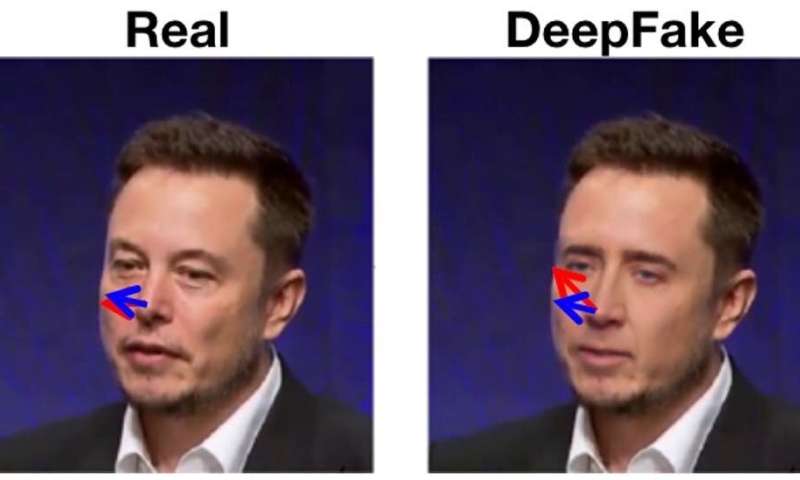
Getting to know deepfakes
Deepfakes are a form of digital impersonation, in which the face and voice of a person can be superimposed into video and audio recordings of another individual. Much has happened from technological, social and legal perspectives since deepfakes first surfaced in 2017. Deepfakes are now mainstream 2019 has seen deepfakes go from niche novelty to […]
Read More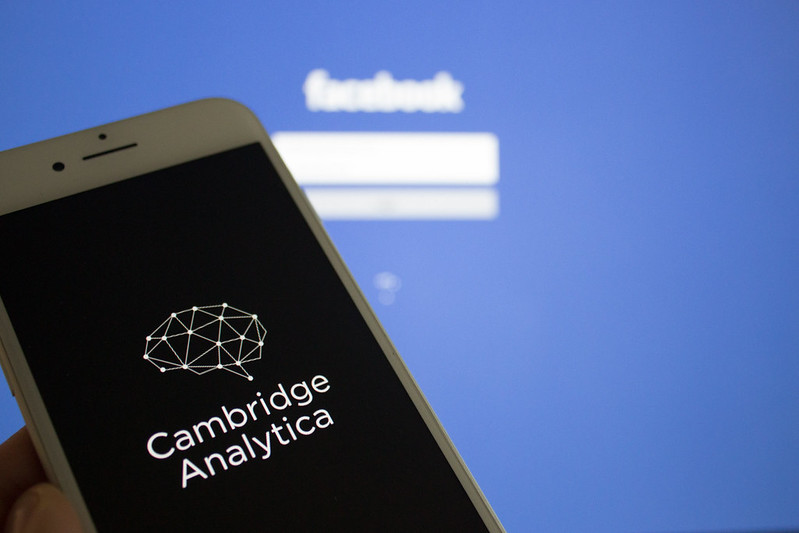
What is data misuse?
Data misuse is often discussed alongside cybersecurity, within the overall context of data protection; but it is important to make the distinction between data which has been obtained legitimately but misused and data which has been collected illegally (eg without consent) or stolen (via computer hacking). Data theft generally involves a cyberattack or harvesting of […]
Read More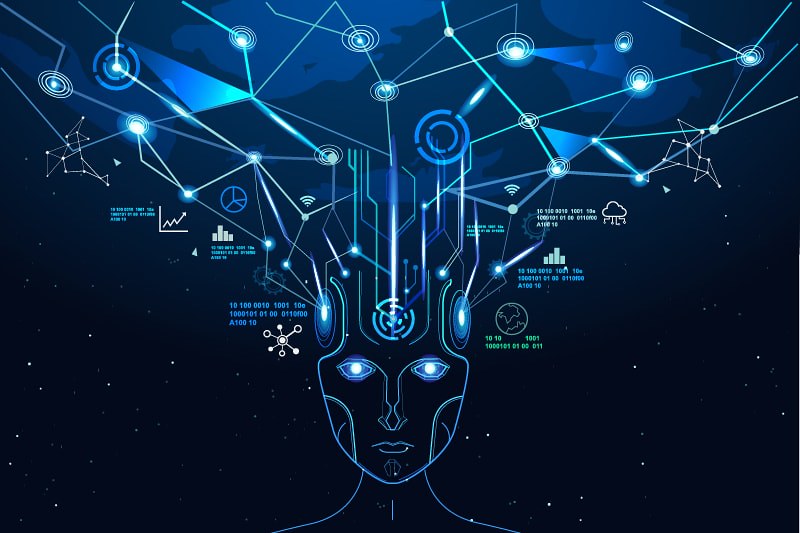
Who owns an AI-generated invention?
One wet Sunday afternoon I was playing with an interface to OpenAI’s machine learning model, GPT-2, which was trained to predict the next word in a sentence and which can now generate articles of synthetic text based on a sentence provided to it. I typed, “Can AI own the copyright in the work that it […]
Read More